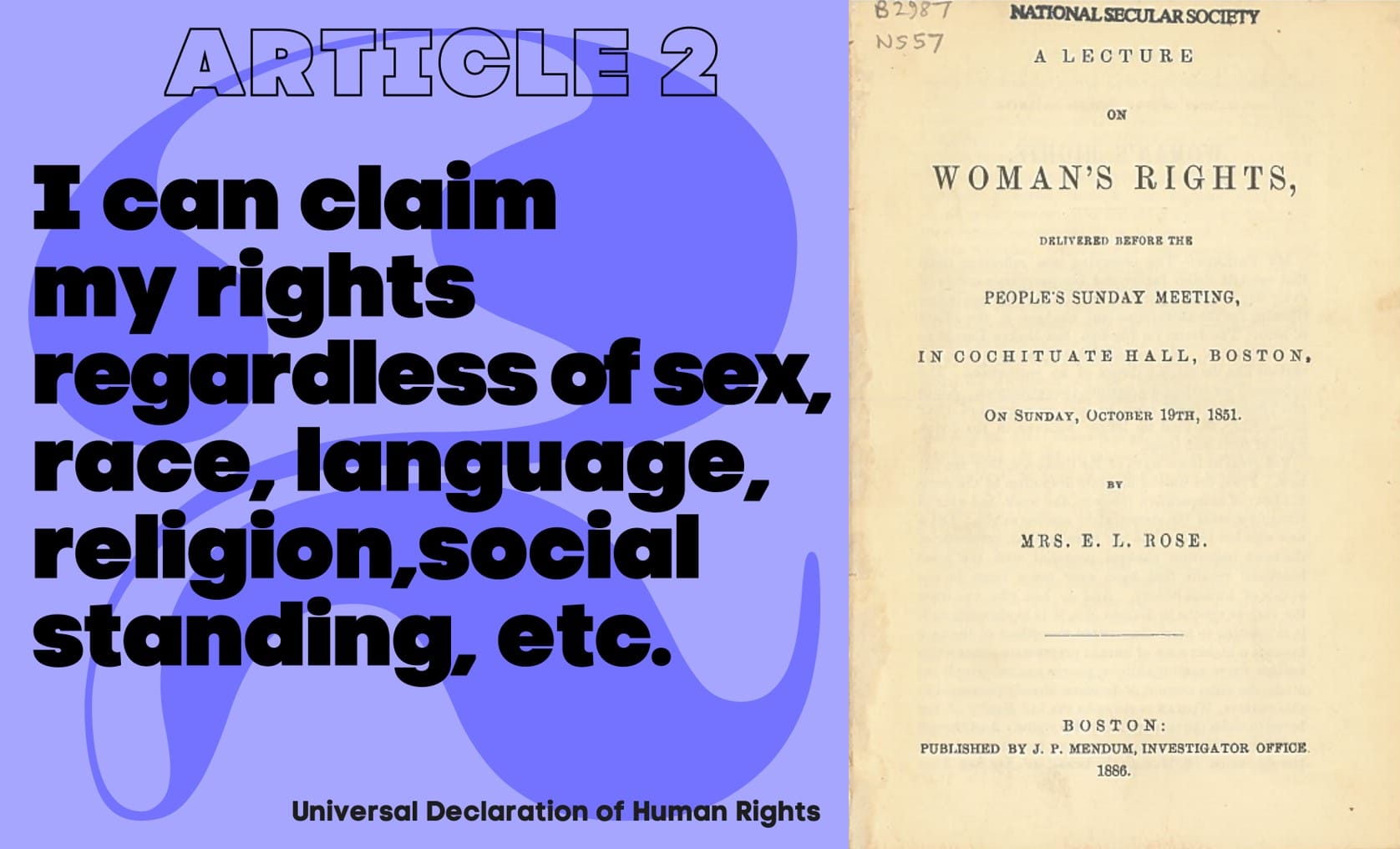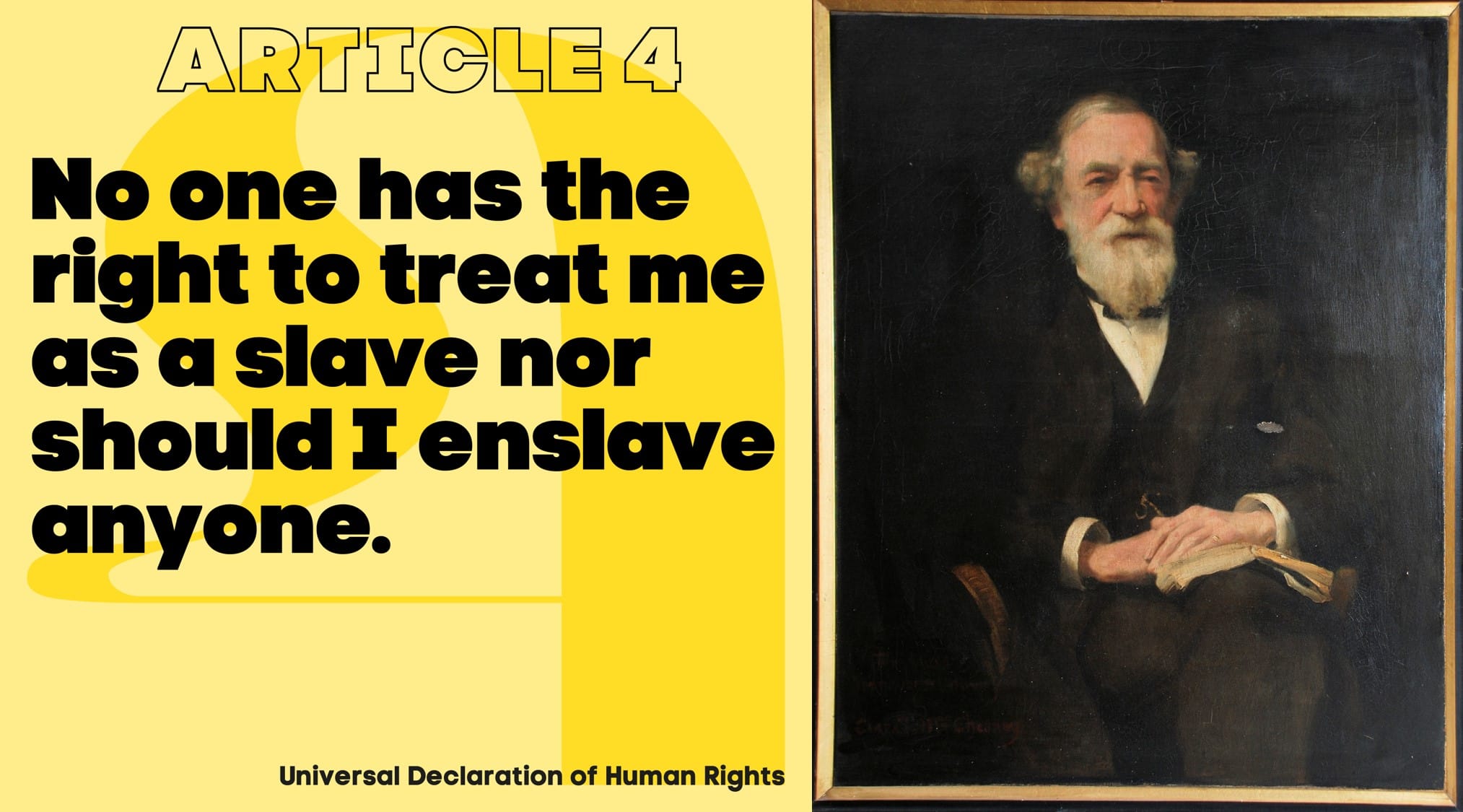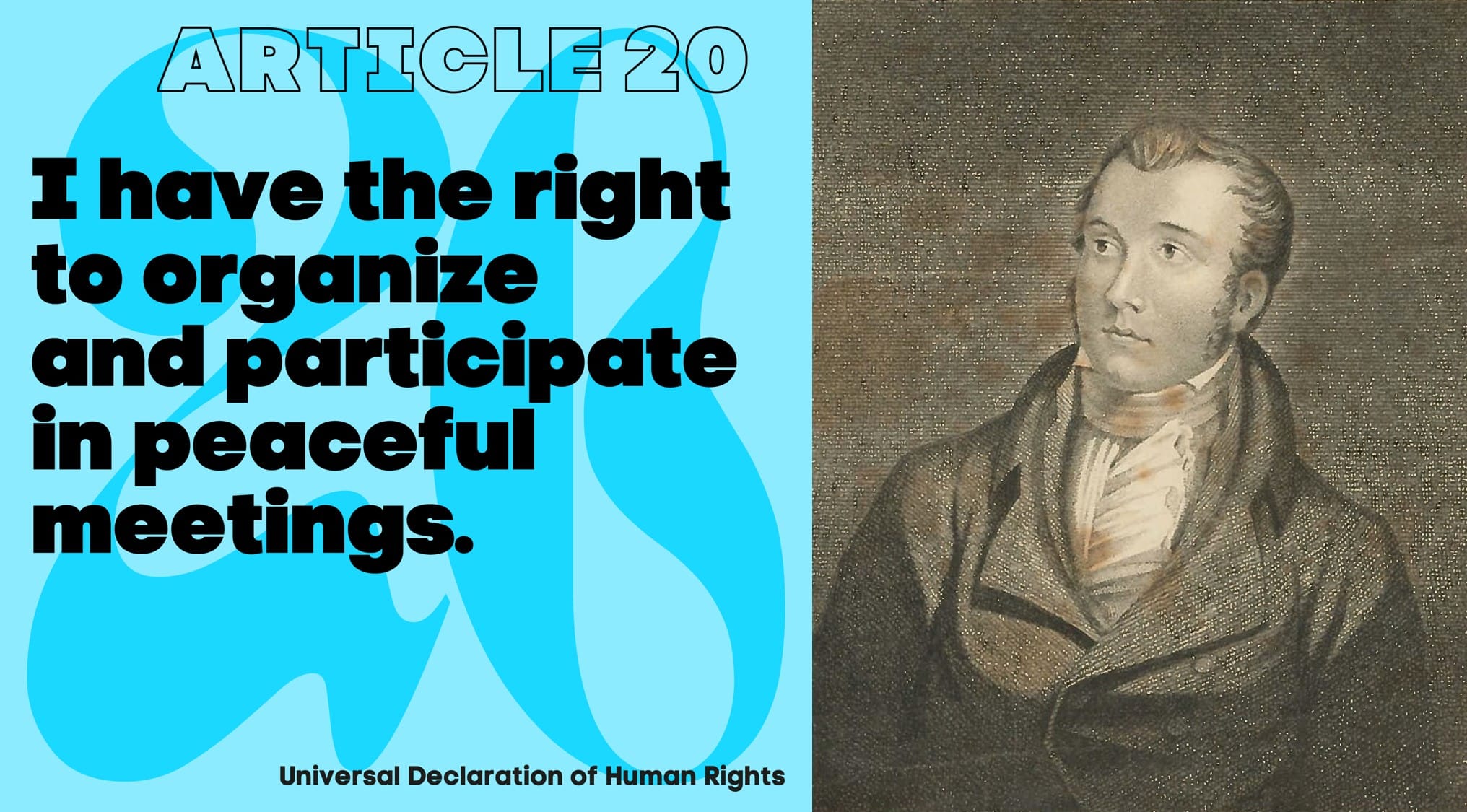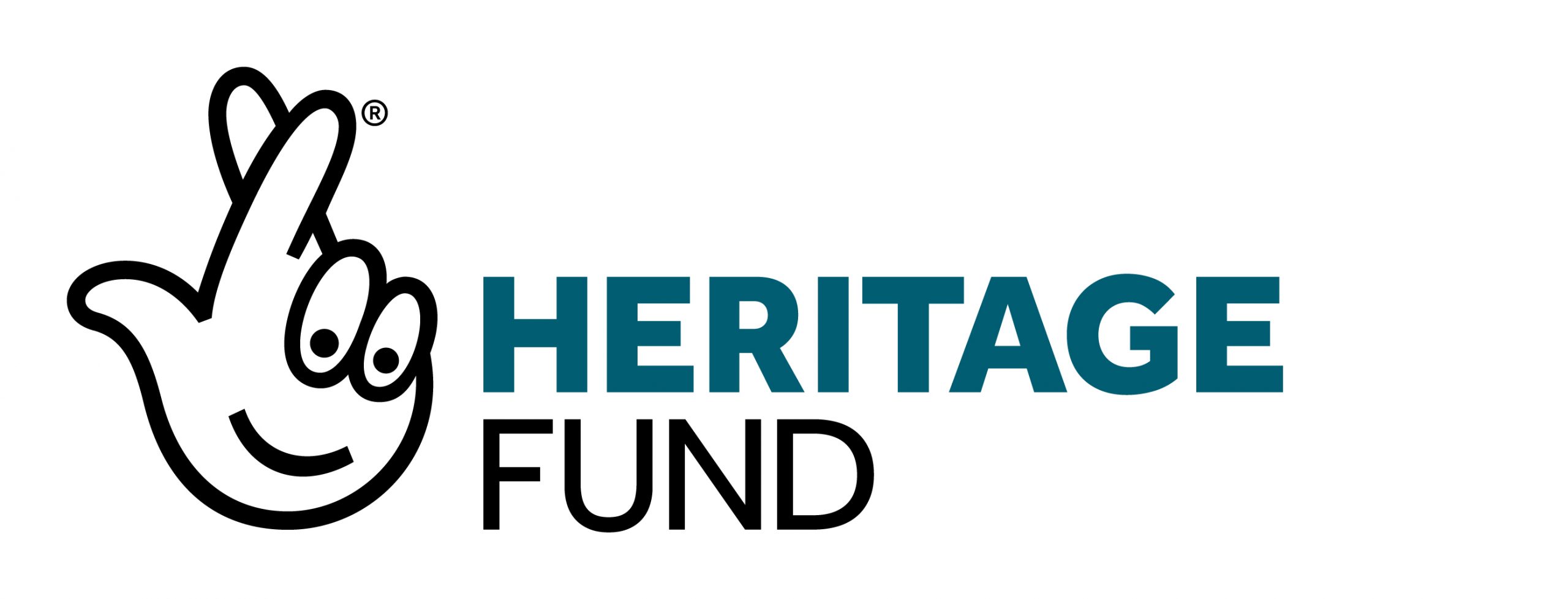Estimated reading time: 2 minutes
Today marks 70 years since the United Nations adopted the Universal Declaration of Human Rights in Paris on 10th December 1948. Human rights are the basic rights and freedoms that belong to every person in the world, regardless of where you are from, what you believe or how you live your life. The declaration consists of 30 articles, affirming our human rights such as the right to safety, the right to marry and the right to education. The Declaration was a landmark international agreement on the principles of human rights and has a truly worldwide influence: it has led to over 80 international conventions and treaties and can be read in more than 500 languages!
This formed the basis of the human rights protections that we have in the UK today, upheld through the Human Rights Act (1998), but also built on the efforts of many determined campaigners who came before. Many of the rights enshrined in the Declaration mirror those discussed and fought for in our nineteenth-century pamphlet collection.

Article 2 of the Declaration states that everyone is entitled to human rights regardless of race, sex, language, religion, political opinion, national or social origin, property or birth. This reflects the call for equality central to the work of many Victorian campaigners and reformers who promoted their ideals through pamphleteering. One such figure is Ernestine Rose, who dedicated her life to promoting equality for women and acceptance of atheism. Her pamphlet A lecture on woman’s rights discusses the growing women’s rights movement of the mid-1800s and calling for women’s equality in legislation, suffrage, marriage and education. Rose presents this movement as a global phenomenon, linked to wider movements towards greater freedom and liberty for all oppressed peoples.

The right not to be enslaved is enshrined in Article 4. Our namesake Moncure Conway, whose personal library forms a significant part of our pamphlet collection, was a noted abolitionist campaigner. Born into a Virginian slave-owning family, Conway freed his father’s slaves during the American Civil War. He was well-known for his public speaking on the topic of anti-slavery and many of his lectures and sermons were reproduced as pamphlets. When Conway first came into contact with our Ethical Society (then a non-conformist Unitarian congregation), he was on a speaking tour of Britain, aiming to persuade the British people of the Union cause.
 The Peterloo Massacre has recently been widely discussed, following the release of the film Peterloo and the upcoming 100 year anniversary of the event. At a peaceful meeting calling for parliamentary reform, 18 were killed and an estimated 700 injured by cavalry. This moment raised public awareness of attempts to violently suppress protest and the sharing of radical political ideas, largely thanks to Richard Carlile’s publication of his eyewitness account in his journal Sherwin’s Political Register. Carlile was one of the most notable agitators of his day, fighting for freedom of the press, gender equality, secular education and many more important causes.
The Peterloo Massacre has recently been widely discussed, following the release of the film Peterloo and the upcoming 100 year anniversary of the event. At a peaceful meeting calling for parliamentary reform, 18 were killed and an estimated 700 injured by cavalry. This moment raised public awareness of attempts to violently suppress protest and the sharing of radical political ideas, largely thanks to Richard Carlile’s publication of his eyewitness account in his journal Sherwin’s Political Register. Carlile was one of the most notable agitators of his day, fighting for freedom of the press, gender equality, secular education and many more important causes.
Throughout this week, we will be Tweeting about some of the human rights listed in the Universal Declaration of Human Rights and drawing links to the campaigns for equality and freedom represented in our collections. See the UN’s Stand UP 4 Human Rights website to see how you can take action to defend human rights and take the human rights pledge yourself.
